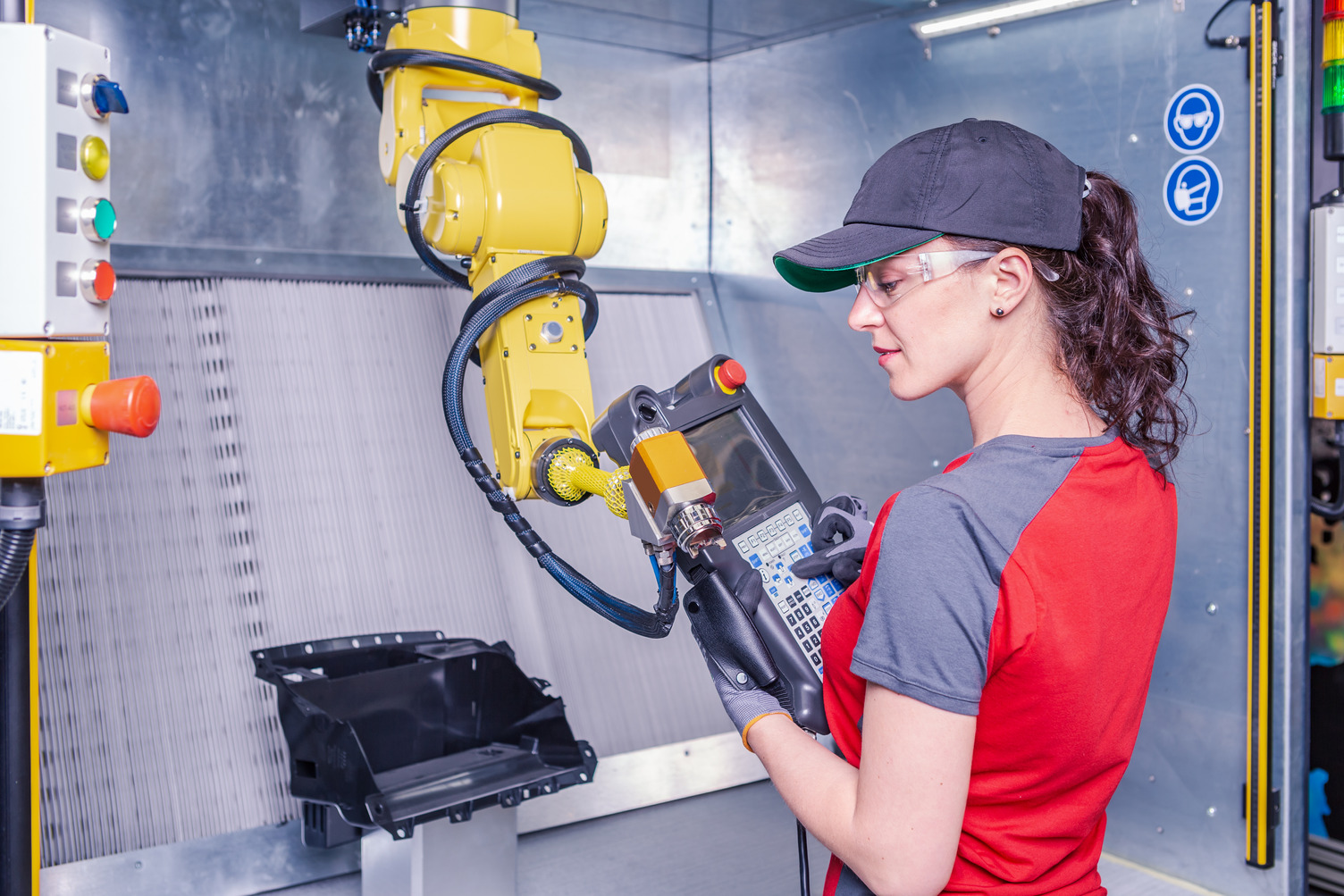TWS is a Great Training Option for Everyone
Learn more about how we can prepare you to advance your career.
Industrial maintenance technicians keep the machinery of modern industry in motion. Their work spans manufacturing plants, energy facilities, logistics centers, and production floors; anywhere mechanical systems must operate with consistency and precision. These technicians serve as the defense against unexpected breakdowns, system inefficiencies, and safety risks, applying their knowledge of mechanical, electrical, and automated systems to maintain seamless operations.
This role demands more than just mechanical ability. It requires a systematic mindset, technical literacy, and the adaptability to work across diverse industrial settings. Industrial maintenance technicians are the ones reading schematics, diagnosing irregularities, and returning complex machines to working order under pressure. As industries rely increasingly on automation and smart technologies, the technician’s role expands. This means not just maintaining moving parts, but also interfacing with control systems and electronic diagnostics.
For those seeking a career grounded in real-world skills and technical challenge, industrial maintenance offers a clear and structured path. Focused training in mechanical systems, controls, and safety protocols opens opportunities across a wide range of industries and can be completed in under a year.
The responsibilities of an industrial maintenance technician vary by facility, but most roles involve maintaining and repairing equipment used in industrial operations. These technicians often work with conveyors, motors, pumps, robotics, electrical panels, and programmable control systems.
Have You Considered a Career in the Skilled Trades?
Fill out the form to recieve a no obligation info packet.
On-job tasks may include:
- Inspecting and calibrating mechanical and electronic components
- Diagnosing equipment failures and identifying repair solutions
- Reading blueprints, schematics, and technical documentation
- Performing scheduled maintenance and safety checks
- Logging repairs and advising on system upgrades or replacements
- Rebuilding, adjusting, or relocating machinery
- Working with PLCs (Programmable Logic Controllers) and HMIs (Human-Machine Interfaces)
Whether supporting a power plant or a packaging facility, technicians must understand the systems they maintain and be prepared to act quickly when problems arise.
Skills Needed for Success
Effective industrial maintenance technicians combine mechanical aptitude with a sharp eye for detail. They are often the go-to problem-solvers when equipment performance slips, so reliability, communication, and situational awareness are vital.
Common traits and skills include:
- Familiarity with both manual and electrical tools
- Ability to read and interpret blueprints, wiring diagrams, and system layouts
- Knowledge of motors, hydraulics, pneumatics, and control systems
- Comfort with digital troubleshooting tools and PLC software
- Strong organizational and documentation habits
- Focus on safety and preventive maintenance
Technicians also need physical stamina, as the job may involve standing for long periods, lifting heavy components, or working in confined spaces.
How to Start a Career in Industrial Maintenance
While some technicians enter the field through on-the-job training, many employers seek candidates who have completed formal instruction in mechanical and electrical systems. Industry expectations continue to rise as automation and smart systems become standard.
The Advanced Industrial Maintenance Technology program at Tulsa Welding School provides hands-on training designed to meet these expectations. Offered at the Dallas Metro and Houston campuses, this 7-month program prepares students with skills in:
- Mechanical and electrical maintenance
- Troubleshooting industrial automation systems
- PLC and HMI operation
- Preventive maintenance procedures
- System safety and documentation
Students gain experience in simulated industrial environments, working with tools and control panels used in the field. The curriculum is focused, practical, and designed for fast entry into the workforce.
Where Industrial Maintenance Technicians Work
Industrial maintenance technicians are employed in a wide range of industries that rely on machines to drive production and logistics. Some of the most common sectors include:
- Manufacturing (automotive, food, electronics, packaging)
- Utilities and energy (gas, wind, solar, nuclear)
- Logistics and distribution centers
- Pharmaceuticals and chemical processing
- Municipal services and water treatment plants
- Construction materials and equipment suppliers
Job titles may vary but the core skill set remains consistent: the ability to keep complex systems running safely and efficiently.
A Hands-On Career with Room to Grow
Whether you’re just entering the trades, changing careers, or returning to the workforce, a career in industrial maintenance starts with the right training. To learn more about becoming an industrial maintenance technician contact us today to start your journey.







